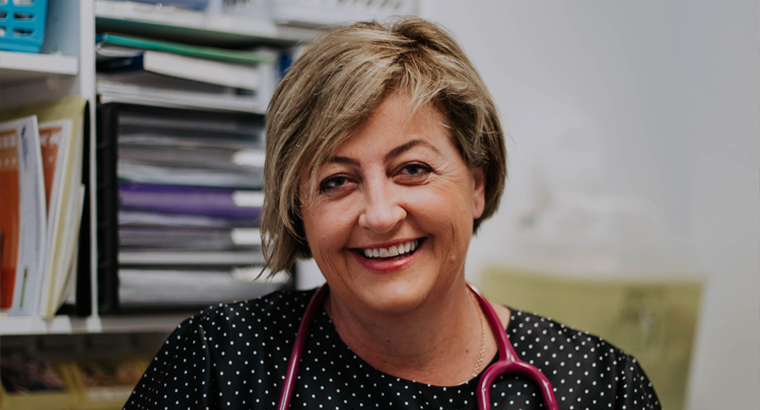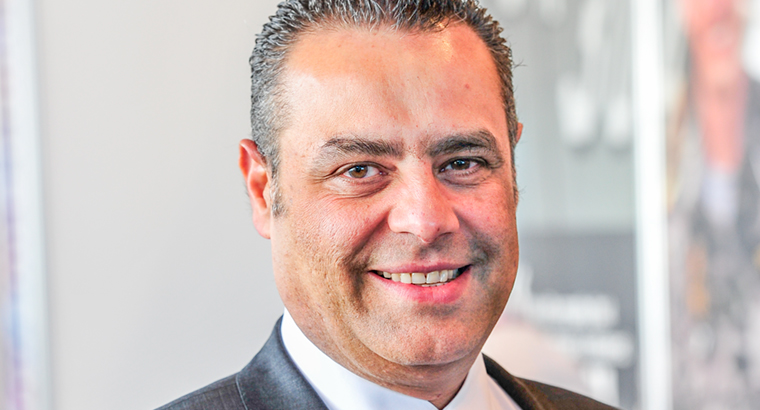Feature
GPs on frontline of drug dependency in rural and remote areas
Australia’s country GPs are often the first – and only – healthcare contact for people struggling with addiction in rural areas.
 GPs may often be the only healthcare professional available to help people in rural and remote areas with issues of drug dependency.
GPs may often be the only healthcare professional available to help people in rural and remote areas with issues of drug dependency.
A woman in a small city in Queensland was so desperate in the face of her teenage son’s ice addiction that she built a metal cage for him within her own home.
A town in New South Wales is known by many as ‘Little Antarctica’ because of the sheer volume of ice available there.
More quietly, but at just as great a cost, a growing number of people are using opioids such as fentanyl behind closed doors in small towns.
These are all stories from what has been labelled a drug ‘epidemic’ in Australian rural and remote areas. Evidence has long shown that people living in these parts of the country are more likely to use illicit drugs than their city counterparts – for a variety of reasons.
‘A lot of factors contribute to drug use in the country, things like distance and isolation, poor or non-existent public transport,’ Dr Mary Ross, a GP in NSW’s Wagga Wagga with a special interest addiction medicine, told newsGP.
‘[Drug use] is also strongly associated with disadvantage and people living remotely generally have lower incomes, meaning they can’t afford access to healthcare as well as people in the city.
‘They are also more likely to live in poverty or have poorer housing, experience homelessness, all these things which may be associated in an increased uptake of illicit medication, illicit drugs.’
 Dr Mary Ross believes higher rates of disadvantage are a key reason behind greater incidence of drug use in rural and remote Australia.
Dr Mary Ross believes higher rates of disadvantage are a key reason behind greater incidence of drug use in rural and remote Australia.
Another issue that often faces people in rural and remote areas is lack of access to health services, especially specialist areas such as drug and alcohol treatment. It is not uncommon to hear that health services in these areas are underequipped for the treatment needs of their populations.
‘That’s a problem in country areas: people may want to address their drug and alcohol problem, but either the service is not available or it’s too difficult to travel to that place. It means relocating to another town,’ Dr Ross explained.
‘So often the GP is the last man standing, so to speak, and is the one available in small communities.’
This situation means training and upskilling in drug addiction issues can be an especially vital issue for GPs working in the country. But according to Associate Professor Ayman Shenouda, RACGP Vice President and Chair of RACGP Rural, this can be difficult to access.
‘Sometimes the requirement for training is that you leave your practice and have your upskilling within the hospital system,’ he told newsGP. ‘And that means you leave a community without a GP, and you don’t want to have that.
‘So you need to have a long-term locum, and the funding in that case would be needed to support the locums. We need to think about other ways of training rural doctors and have funding to support that, to be able to upskill them if they wish to.’
However, Dr Ross feels that simply enabling patients to discuss possible drug and alcohol issues can be extremely effective.
‘I think our role [as GPs] is to demystify the stigma of talking about drug dependence and allowing patients to feel more comfortable just to start talking about a drug problem,’ she said.
‘Then we can link patients to drug services while still delivering normal general practice care, as well as specifically for drug dependency.’
 Associate Professor Ayman Shenouda has found GPs in rural and remote areas can help by bringing public health messages out of the practice and into the community.
Associate Professor Ayman Shenouda has found GPs in rural and remote areas can help by bringing public health messages out of the practice and into the community.
Another strategy that can be helpful in country areas is to bring the services to the patients. Associate Professor Shenouda cited a mental health program with which he was involved through his (at the time) Division of General Practice as an example.
‘It was a very good project where we went into the pub,’ he said.
‘We would do a presentation, and some people would choose to come and sit where we were doing the presentation, but others would be sitting at the bar.
‘It was very interesting for me to meet a farmer about two weeks later in my clinic, and I said, “I cannot remember where I’ve seen you”, and he said, “Well, I was sitting at the bar, but I kept my ears open to what you were saying, and it helped”.
‘So that’s another thing that can help, doctors coming out of the consulting room and addressing public health issues right there and then.’
Dr Ross agrees with this approach, with examples of other ways GPs can promote public health issues outside the practice.
‘We need to enlist the health of the family and educational settings, such as the high school, and in communities and workplaces, really get out and say, “We’re here for you. If you have a drug problem, come and see us”,’ she said.
Dr Ross would also like to see further funding and assistance in rural and remote areas, to support GPs and their patients with addiction issues.
‘We need ongoing education, of course, and the GP needs support in small areas with allied health workers, drug and alcohol workers, psychologists,’ Dr Ross said. ‘Sometimes that means internet support for patients, just because of the tyranny of distance.’
However, Dr Ross emphasises the importance of working with communities to ensure the success of any treatment strategy.
‘We need to recognise that all communities have diverse characteristics and interventions need to be tailored for the local community, not just a kind of one-size-fits-all,’ she said.
‘So we need to really tap in to the community and respond to its particular needs. [For example], if glue-sniffing is the problem, we need to tailor our resources in that area. If we see prescribed misuse of medication, then address that area.’
Addiction medicine drug dependency RACGP rural rural health
newsGP weekly poll
Do you support a TGA proposal to make products containing 50–200 mg of vitamin B6 pharmacist-only medicine?